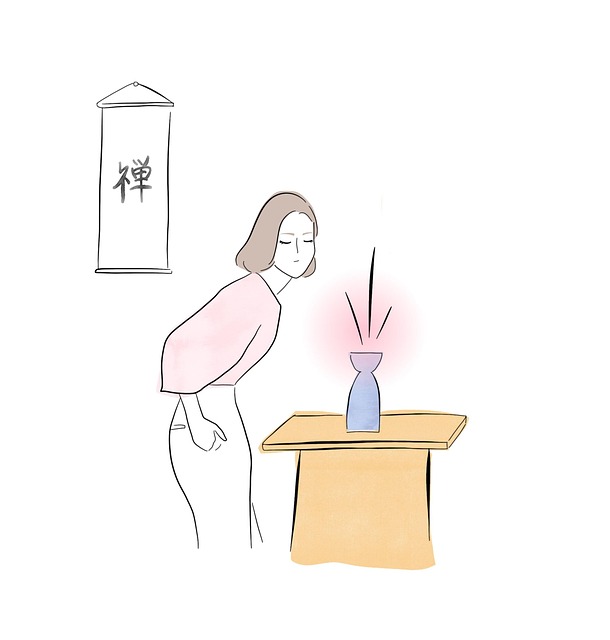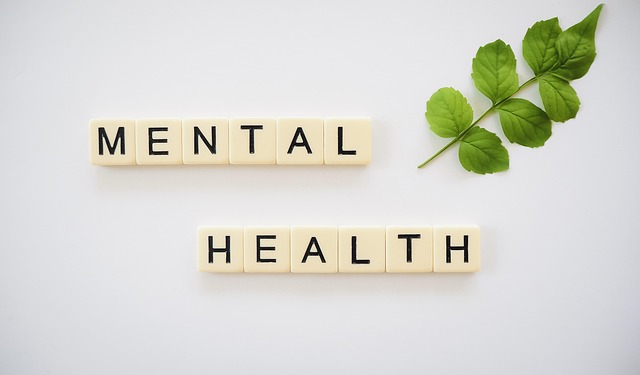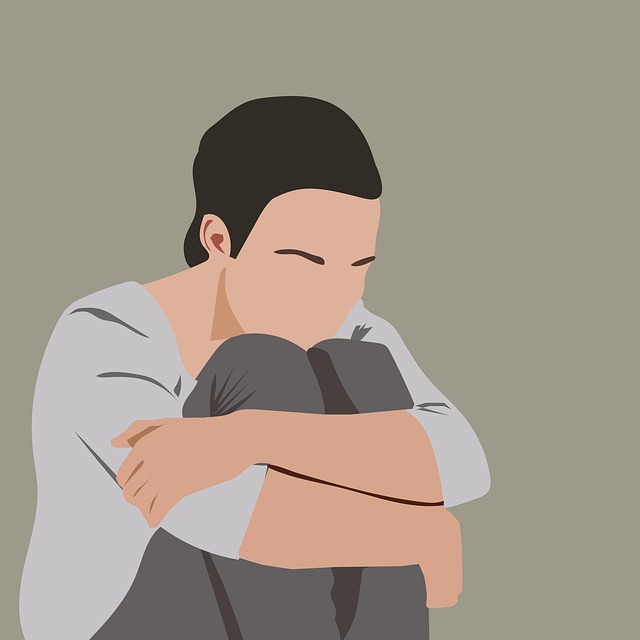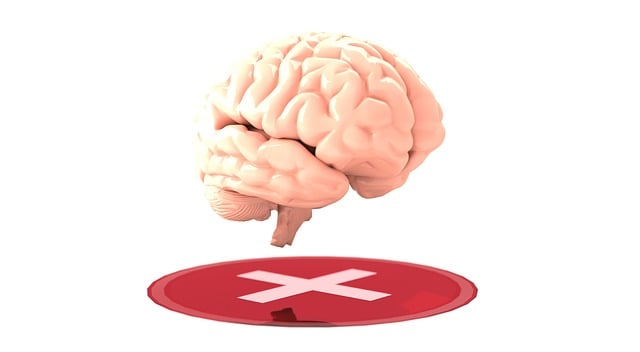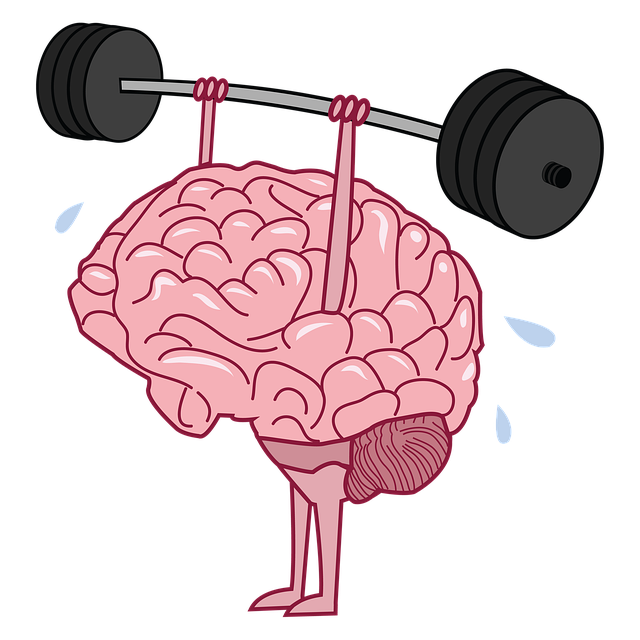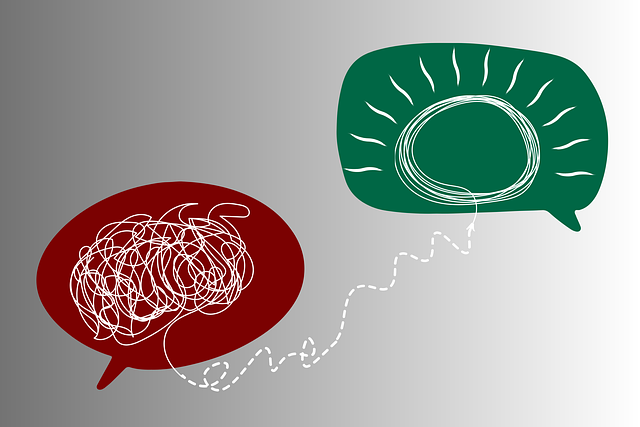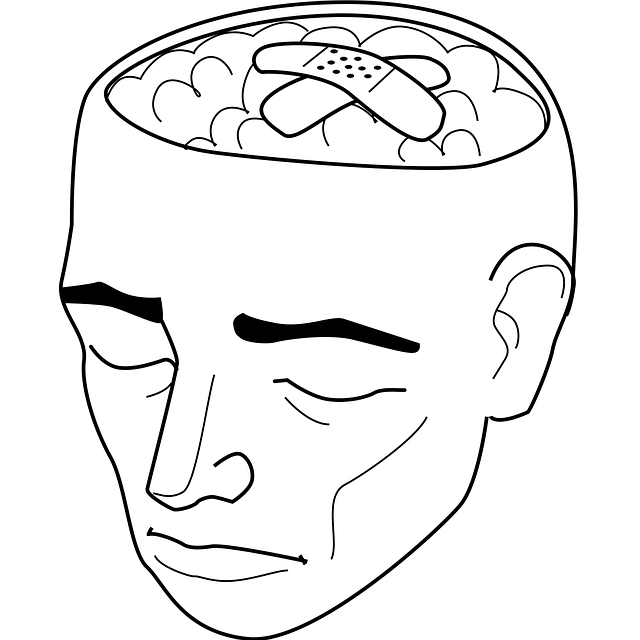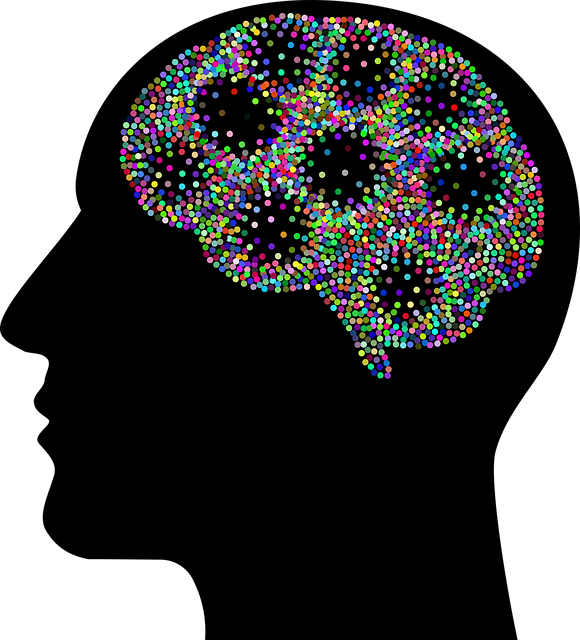Stress can severely affect adolescents with neuro disorders like ASD or ADHD, but targeted therapies offer hope. Mindfulness, compassion cultivation, and Cognitive Behavioral Therapy (CBT) empower teens to manage stress through self-awareness, coping mechanisms, and anxiety relief. Regular mindfulness meditation integrates into daily routines, promoting long-term mental wellness. Healthy habits, strong social connections, and public awareness also significantly reduce stress levels for these teens, improving their quality of life by providing effective therapy for adolescent teens with neuro disorders.
Stress reduction is a vital aspect of overall well-being, especially for adolescent teens with neuro disorders. This article explores effective methods to combat stress, targeting this specific demographic. We delve into understanding the unique impact of stress on their lives and present evidence-based strategies. From Cognitive Behavioral Therapy (CBT) as a powerful tool to mindfulness techniques and lifestyle adjustments, these approaches offer hope for managing stress. By implementing these practices, teens with neuro disorders can navigate their challenges with greater resilience.
- Understanding Stress and its Impact on Teens with Neuro Disorders
- Cognitive Behavioral Therapy (CBT): A Powerful Tool for Stress Reduction
- Mindfulness and Meditation Techniques for Calming the Mind
- Lifestyle Changes and Support Systems for Long-Term Stress Management
Understanding Stress and its Impact on Teens with Neuro Disorders

Stress is a common experience for teens, but it can be particularly challenging for those with neuro disorders. These conditions often make it harder to regulate emotions and cope with everyday demands, leading to increased anxiety and stress levels. The impact of chronic stress on adolescent brains is significant, potentially affecting their ability to learn, remember, and manage intense feelings.
For teens with neuro disorders, such as Autism Spectrum Disorder (ASD) or Attention-Deficit/Hyperactivity Disorder (ADHD), understanding and managing stress is crucial. Therapy focused on emotional regulation, like mindfulness and compassion cultivation practices, can offer valuable tools. These practices aim to enhance self-awareness, teach coping strategies, and promote anxiety relief, fostering a sense of calm and control in stressful situations.
Cognitive Behavioral Therapy (CBT): A Powerful Tool for Stress Reduction

Cognitive Behavioral Therapy (CBT) has emerged as a powerful tool for stress reduction, particularly among adolescent teens and those dealing with neuro disorders. This evidence-based therapy focuses on identifying and changing negative thought patterns and behaviors that contribute to stress and anxiety. By teaching coping skills development and mood management techniques, CBT equips individuals with the tools needed to navigate challenging situations more effectively.
Through a structured process, CBT helps individuals challenge and reframe distorted thinking, leading to improved emotional well-being. This therapy is designed to be interactive and practical, often involving homework assignments that reinforce learning. By integrating mental health education programs into the curriculum, CBT not only reduces stress but also fosters resilience and promotes better mental health outcomes in both adolescents and adults with neuro disorders.
Mindfulness and Meditation Techniques for Calming the Mind

Mindfulness and meditation are powerful tools for calming the mind and have been shown to be effective stress management techniques, especially for adolescent teens navigating neuro disorders. These practices involve focusing on the present moment, observing thoughts and sensations without judgment, and cultivating a sense of awareness. For instance, mindfulness meditation encourages individuals to pay attention to their breath, bodily sensations, and emotions as they arise, helping to break the cycle of intrusive thoughts that can exacerbate stress and affect mood management.
Through regular practice, mindfulness and meditation can enhance emotional regulation skills. They teach teens to recognize and accept their feelings without reacting impulsively, fostering a deeper understanding of their mental states. This form of therapy for adolescent teens with neuro disorders allows them to develop coping mechanisms that are not only effective but also sustainable in the long term. By integrating mindfulness into daily routines, teens can better manage stress, improve mood regulation, and cultivate a greater sense of inner peace.
Lifestyle Changes and Support Systems for Long-Term Stress Management

In the context of stress reduction methods, particularly for adolescent teens with neuro disorders, lifestyle changes and robust support systems are crucial components of long-term stress management. Adopting healthy habits such as regular exercise, balanced diets, and adequate sleep can significantly mitigate stress levels. These foundational practices not only enhance overall well-being but also improve the ability to cope with challenges. Moreover, cultivating positive thinking and building resilience through various therapeutic interventions, like therapy tailored for adolescent teens, can provide additional tools to navigate stressful situations.
Support systems play a pivotal role in this process. Strong social connections, whether from family, friends, or support groups, offer emotional backing and practical assistance. Public awareness campaigns focused on mental health development further contribute by fostering an environment where seeking help is normalized. These combined efforts can empower teens with neuro disorders to better manage stress, thereby enhancing their quality of life.
Stress reduction is a vital component in managing neuro disorders among adolescent teens. By understanding the impact of stress and employing evidence-based methods like Cognitive Behavioral Therapy, mindfulness practices, and lifestyle modifications, parents and caregivers can empower teens to develop healthy coping mechanisms. These strategies not only enhance overall well-being but also foster resilience, enabling young individuals to navigate life’s challenges more effectively. With the right support systems in place, adolescents with neuro disorders can learn to manage stress, improve their quality of life, and thrive in a bustling world.

